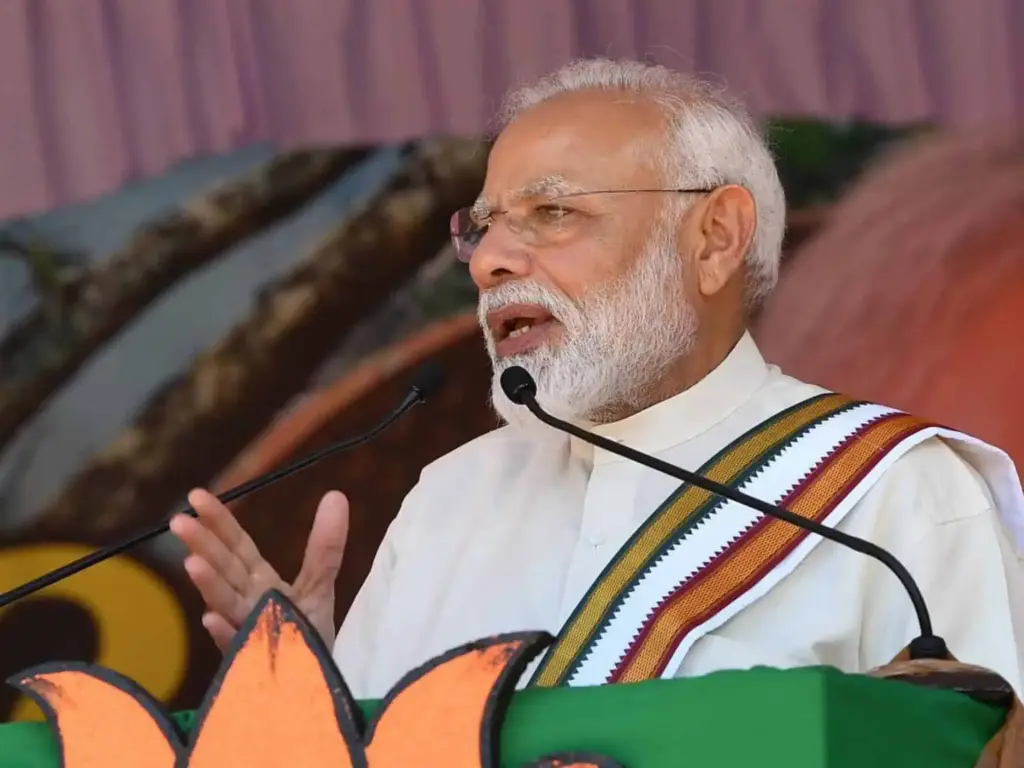
In a significant development, the U.S. administration under President Donald Trump is considering a policy that could prevent certain children born in the U.S. to non-citizen parents from automatically obtaining American citizenship.
The proposed law would restrict birthright citizenship to children whose parents include at least one U.S. citizen, green card holder, or member of the U.S. military. This change would only apply to children born after the policy’s implementation, leaving existing cases unaffected.
This potential policy shift could greatly impact Indian immigrants on H1B visas, many of whom are awaiting green cards. If enacted, children born to H1B visa holders, whose parents are neither U.S. citizens nor permanent residents, would no longer qualify for citizenship at birth.
The policy has raised particular concern among Indian families, as they constitute a significant segment of the U.S. immigrant population. Of the 5.4 million Indians living in the U.S. — about 1.5% of the total population — nearly two-thirds are immigrants, while 34% were born in America, according to official data.
The proposed change has sparked anxiety among expectant Indian parents, especially those nearing childbirth, as it creates uncertainty about their children’s citizenship and associated rights.
Under the current birthright citizenship principle, children born in the U.S. automatically become citizens. Once they reach 21 years of age, they can sponsor their parents for a green card as immediate relatives—a process that is exempt from annual caps and is generally faster.
However, if children born in the U.S. to immigrant parents are no longer granted citizenship at birth, they would lose the ability to sponsor their parents for a green card upon turning 21. This would eliminate one of the most straightforward paths for immigrant parents to secure permanent residency.
In such a scenario, immigrant parents would need to explore alternative green card options, such as employment-based or family-sponsored categories. These routes often face lengthy backlogs, particularly for Indian nationals, who already endure decades-long waits due to country-specific caps.
Should birthright citizenship be eliminated, the resulting competition for limited employment- and family-based green card slots could exacerbate the existing backlogs, creating further challenges for immigrant families.
Recent Random Post:
















